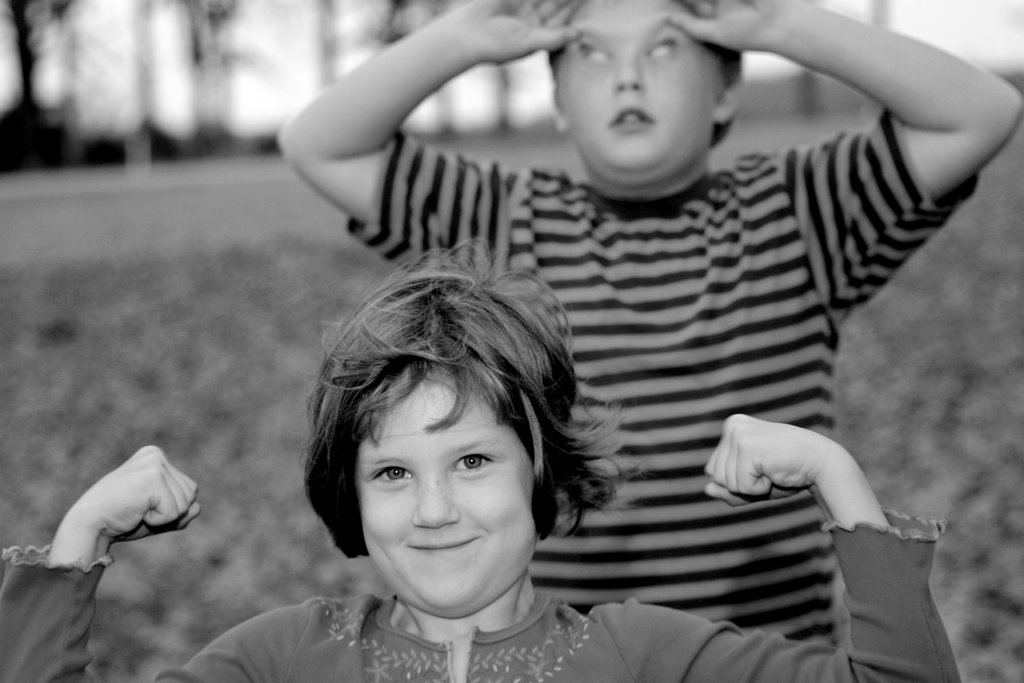I've been reading Jacques Ellul's
The Presence of the Kingdom http://www.jesusradicals.com/library/ellul/presence/presence.html and here are some thoughts:
Chapter One: The Christianity in the World lays out the predicament for the Christian layperson in the world. Very inciteful. Barth's influence really comes out in this chapter and the next (at least I think so, I'm still an Ellul neophyte). He uses a parable of Jesus to illustrate the Christian's function as salt of the earth, light of the world, sheep in the midst of wolves. He riffs on how the laity can't seperate themselves from the world and here I take issue, he seems to think that clerics can't possibly speak to the world and or that the world just won't really listen. I would argue that both laity and clerics are in the same boat now. The American situation illustrates that anyone speaking of faith faces the same doubts, derision, and general image of ambivalence and mistrust. His clear ideas in this chapter are worth a read by anyone. Christians can't seperate themselves from the world or their own sin. His examples of ways we try to do this are brilliant! After this he gets to his discription of the agonistic way of life. "the presence in our hearts of judgment and grace with insures our liberty. Free because we're judged and pardoned." Very Barthian indeed.
Chapter 2: Revolutionary Christianity: How the Christian understanding of the material world is apocalyptic rather than historic. Human meaning is apocalyptic rather than material.
Chapter 3: The End and the Means: The Christian understanding of Person is Revolutionary in the face of the world's interest in Technic. This has to be the best chapter thus far. He successfully demonstrates the triumph of means in society.
He has sweeping general statements that make him sound like a pariah or demagogue such as:
WE ARE CAUGHT IN a trap. It is no use pretending to be "deep," and to talk loftily about the possession of inward liberty. If liberty cannot be expressed in my life it is an illusion. For a Christian this situation is appalling, for what we have been describing actually proves that at the present time it is impossible to live one's faith, to bear a genuine witness. Of course, it is obvious that it has always been impossible to live one's faith, and we easily comfort ourselves by saying that "our day is no worse than any other," and that "our difficulties are just the same." Well, that is just not true! It may have always been impossible to live one's faith, but that was due to inward causes: "Woe unto me! for the good which I would I do not: but the evil which I would not, that I practice!" But today this difficulty is increased still further by external causes. In no other civilization has man been so totally repressed. He may have been the slave of hunger, of natural circumstances, or of another man: but he always managed to preserve a margin of freedom, sufficient to remain master of the greater part of his time, and to choose his own line, out of several possibilities. All civilizations have imposed a certain amount of restriction, but they left man a large field for free and individual action. The Roman slave, the medieval serf, was freer, more personal, more socially human (I do not say "happier," from the material point of view) than the modern industrial worker or the Soviet Union official. Our civilization, which claims to exert no restraint, tries to dominate man as a whole, and to confine him within narrow limits, where all his gestures, and his secret thoughts, will be controlled by the social machine. This represents the triumph of means. It is this new fact that hinders men from living the Christian faith.
Thus Christians ought to be fully aware of the fact that the witness and the action of the Christian have also become impossible, owing to these circumstances; he ought to know that unless he can break down this supremacy of means, it is "all up" with the social aspect of Christianity, unless a miracle happens, and it will not be long before the personal aspect also will be attacked, for faith in Jesus Christ cannot live long in this rarefied air. We must break this dictatorship. Christians must enter into a conflict "not against flesh and blood, but against the principalities, against the powers, against the world‑rulers of this darkness" (Eph. 6:12). And they ought to know that this conflict, which is primarily spiritual, at least at first, is a life and death struggle. Rimbaud's phrase is more applicable than ever‑"The spiritual conflict is as brutal as any battle in time of war!"
But then the more I think about it the more I agree. I don't feel as much a slave to means because of the way I live. Compared to many I don't live a rat race. I am very into computers and I worry that means there has taken more than I should be giving.
Chapter Four The Problem of Communication:
This one is beautiful but I'm uncomfortable with his talk of the intellectual. He should define what it is to be intellectual. Why is the issue of communication only for intellectuals? That tone seems rather elitist. In this postmodern age hopefully the concept of intellectualism is more fragmented and less elitist. Though I fear postmodernism is more not less elitist than modernism.
At any rate communication it is true has become swallowed by means and its evident that it is no longer for the person. As Christians we must struggle to communicate with people, not abstracts. That conversation is beautiful.
Well honestly I'll end now as this is as far as I've read. I may pick it up again later.



